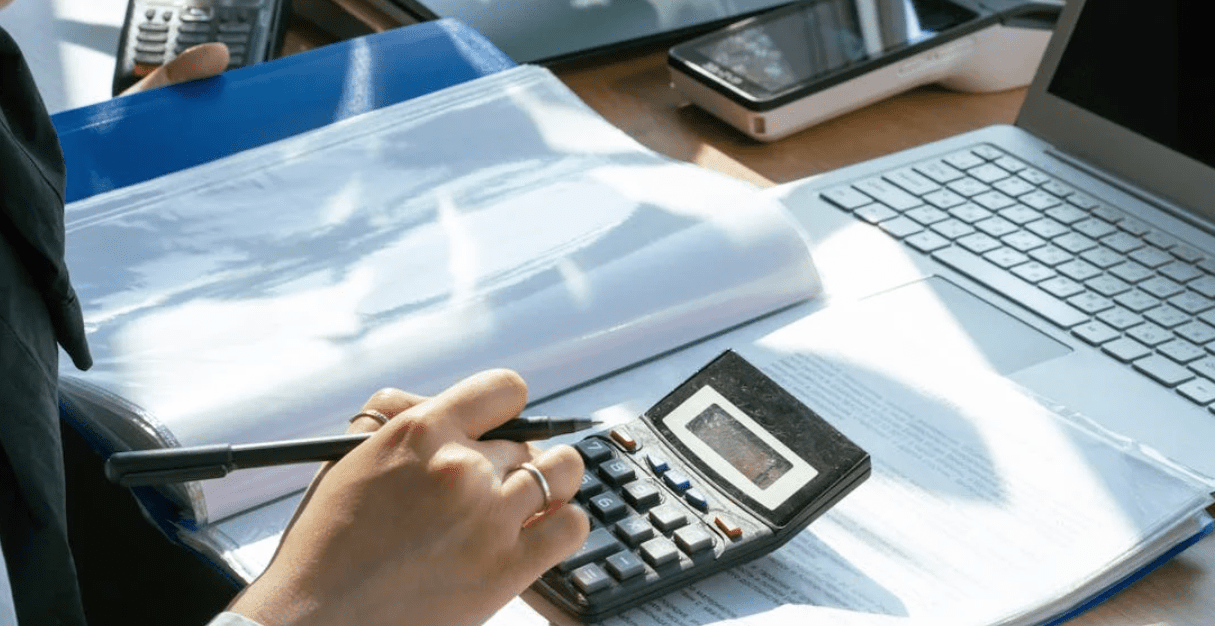Essential Components of a Lease Ledger
Essential Components of a Lease Ledger
Blog Article
Effective house administration is all about more than simply collecting rent; it requires business, accuracy, and transparency. For Lease Ledger property owners and managers, lease ledgers are crucial tools that simplify the financial facets of property management. Whether you handle just one model or a profile of qualities, here is why leveraging a lease ledger template can benefit equally you and your tenants.

What's a Lease Ledger?
A lease ledger is a financial software that records all transactions related to a lease agreement. This includes lease obligations, late costs, preservation charges, and different financial communications between landlords and tenants. It acts being an prepared, itemized record that helps remove frustration and ensures financial clarity.
The Great things about Using a Lease Ledger
1. Improved Financial Openness
A lease ledger has an readily available, step by step report of monetary transactions. This transparency reassures tenants that prices and obligations are effectively noted, while house managers gain an obvious comprehension of each account's standing.
Statistic: Studies show that 60% of tenant disputes stem from unclear accounting. Available ledgers reduce the likelihood of such issues by increasing trust and clarity.
2. Refined Book Selection
Lease ledgers improve book variety by providing a definite outline of due appointments, incomplete funds, and overdue balances. Automated electronic techniques may even incorporate pointers for tenants, reducing the time managers need to invest chasing late payments.
3. Structured Confirming and Tax Prep
Controlling multiple homes may make economic confirming difficult, especially throughout tax season. By maintaining a complete report of revenue and expenses, lease ledgers ensure it is simpler to prepare data for revealing applications, preserving property managers numerous hours.
Information: Research shows that detail by detail economic documents may minimize tax problems by 30%, preventing unwanted audits or penalties.
4. Easier Dispute Decision
Disagreements over overlooked obligations or prices are typical in property management. A lease ledger functions as an impartial wood, giving evidence to rapidly handle disputes without counting on storage or unverified receipts.

5. Forecasting and Planning
Lease ledgers provide valuable ideas into tenant cost conduct and cash movement, allowing home managers to forecast future income and expenses. These insights produce preparing for urgent fixes or long-term changes more predictable.
Reality: Data-driven ideas can improve reference allocation performance by as much as 40%, creating greater outcomes for landlords and tenants alike.
Why Every Property Supervisor Requires a Lease Ledger
From lowering tenant disputes to simplifying duty preparations, a lease ledger is a built-in part of modern home administration solutions. By sustaining a clear and exact report of lease-related finances, house managers may build confidence with tenants, improve functional performance, and stay on top of their cash flow. Report this page